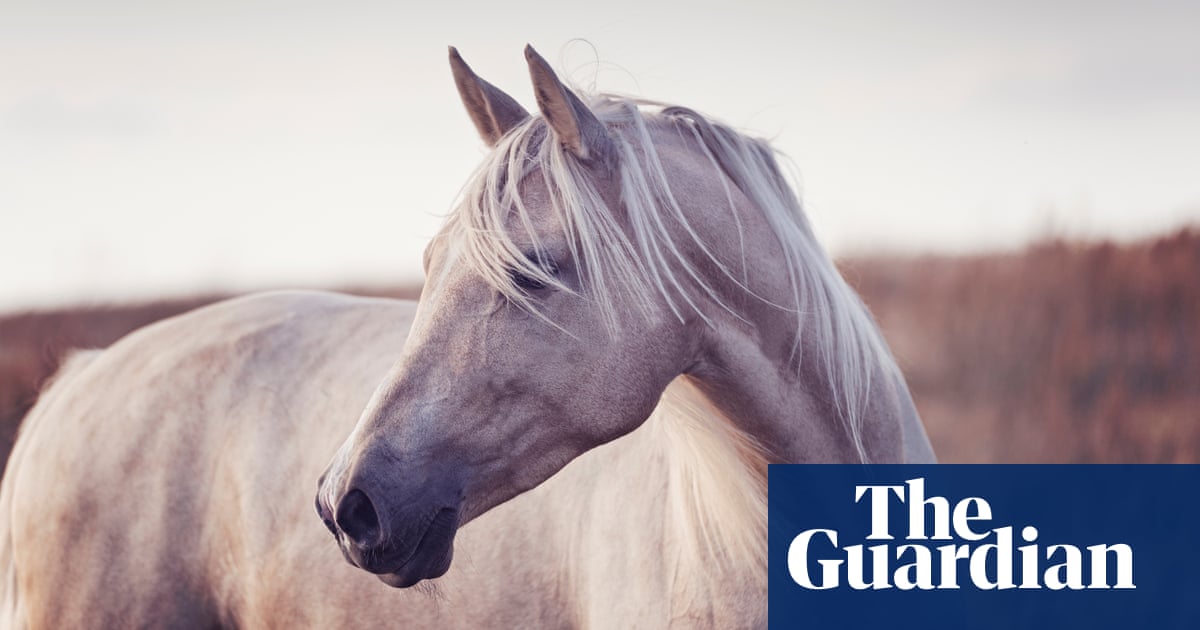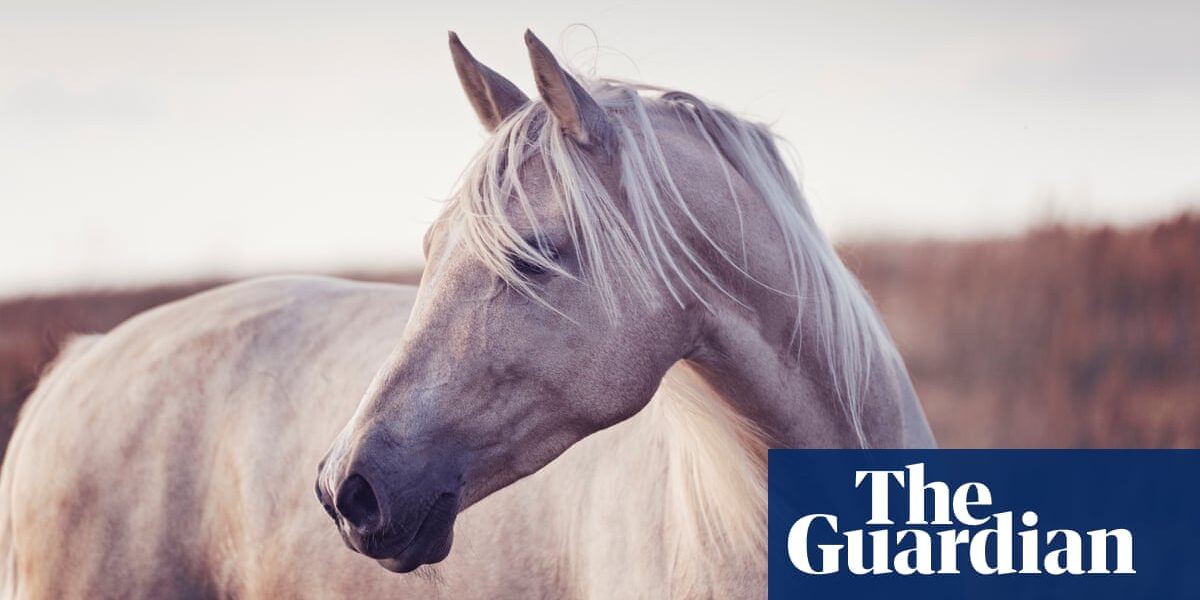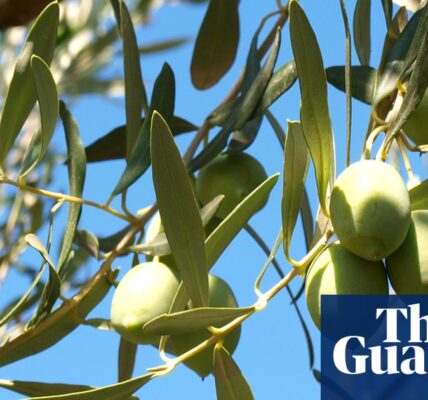
The hero of Kevin Barry’s new novel, The Heart in Winter, is a dope-fiend Irishman haphazardly subsisting in the mining town of Butte, Montana, in the 1890s. Tom Rourke has a poor excuse for a job as assistant to a poor excuse for a photographer, and earns drink money by writing letters for illiterate men luring brides from the east. His spare time is spent haunting brothels, racking up debt through his opium habit, and writing songs along the lines of: Ain’t got a dime / But the sun’s gonna shine / Coz we’s all bound for heaven / On the Cal-i-for-nee line. In his own mind, he is “set apart from the hoarse and laughing crowd. He was at a distance of artistic remove from it was what he felt.”
As the book begins, Tom has two fateful meetings, both involving love at first sight. The first is with a palomino horse, “a nervous animal, of golden aura”, which he stumbles upon while coming down from opium at 4am. He’s no horseman, and yet the animal calls to him as if from some foredoomed future: “The horse stilled herself utterly and fixed the lashes of the long stare on his and he was bound.”
The second encounter is with Polly Gillespie, a newly arrived mail-order bride who walks into his photography studio with her God-obsessed stick of a husband, Long Anthony Harrington. As her picture is taken, the tip of her nose twitches, her eyes meet Tom’s, and “his heart turned”. From Polly’s point of view: “That boy was looking at her so hard it was like he just discover eyes … and suddenly everything was chilly and there was a real weight to it.” Before long, Tom and Polly have taken the palomino and are lighting out for San Francisco with a saddlepack full of stolen money. “And there she was with Tom Rourke hand in hand in terrible love in the dead of night and the forest deep looking up to the sky and all at once yessir absolutely they could see fires on the moon.”
Barry’s books are known for their stylistic brilliance, and The Heart in Winter is no exception. Terse and acrobatic, the novel effortlessly walks the line between goofy and gothic. Almost every sentence is quotable. It’s woven from plain-spoken lyricism (“the last winter days went by like weary brokedown soldiers at the end of a war”) and jokes that are at once subtle and silly (“Tom Rourke salted the eggs unambiguously”).
Barry also has a genius for inventing comic characters. There’s the photographer Lonegan Crane, obsessed with a rival who poses women looking coyly over their shoulders, which he darkly insists refers to anal sex. “It’s a nod and a wink! It’s buggery and cavortion! It’s the beasts of the fields!” There’s Ding Dong, the bellhop turned wilderness hermit, who has abandoned civilisation because he had “turned silly on account of not sleeping at all and was just not fit for the company of humankind no more”. Then there’s the Reverend, whom Tom and Polly find in the backwoods “sleeping ravenously in a covered wagon”. On first laying eyes on them, he clutches at his head and cries out “Hoodlums of Love!” then confesses his sins to them, marries them, and makes them guzzle Tres Sombreros tequila to kill the intestinal creatures that he believes lure people away from God.
Even the horse is a memorable character, stuck on Tom and sulky with it. But, best of all, are Tom and Polly, burdened with a great love and no resources. They can’t even ride a horse particularly well. Seeing himself in a mirror, Tom thinks: “The sea-blue eyes were too moist and pastoral-looking. He was fucking harmless was what it was.” Their rocky pasts have taught them nothing except that the future is probably no gift either. They are hapless and shiftless and in no way special, and you totally get why they adore each other.
after newsletter promotion
Barry has written us a love story that never seems false or cheap, and an adventure where the violence is never gloating or desensitised. It’s a wedding of Cormac McCarthy with Flann O’Brien; a western but also the most Irish of novels; a tragedy written as farce. You might object that the plot isn’t perfect: Barry has one too many villains driven by odd sexual kinks, and the climax rushes by too precipitously. Still, I doubt these flaws will matter much to any reader’s admiration of this book. It’s made to attract superlatives, while inspiring joy with every incident, every concept, every sentence.
Barry does more with a single word like “mopesome” than some writers do in 300 pages. One should never say a book is the best of its year, since no one can read all the books of any year. I doubt, though, that anyone will publish a novel this year that is at once so beautiful, so lovable and so much fun.
Source: theguardian.com



